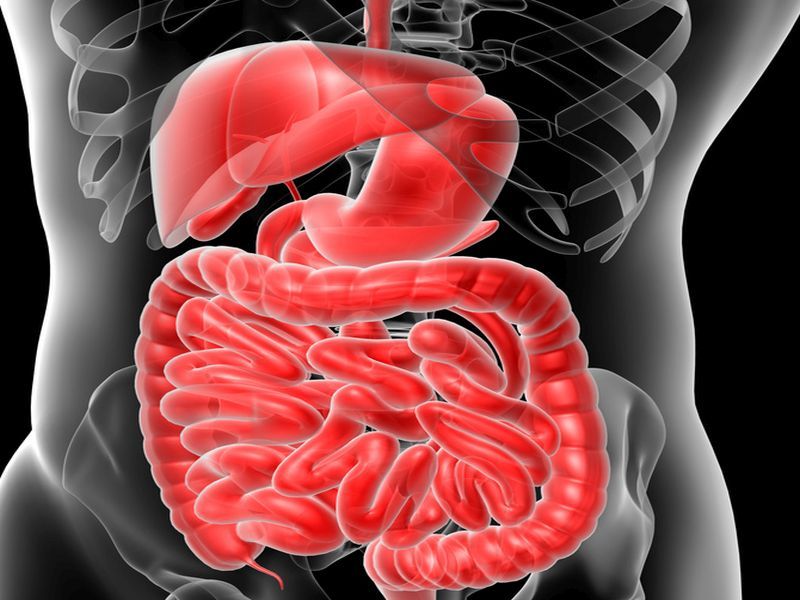
When it comes to picking the best exercise to lose weight, there is no one right answer. That’s because the right answer is variety, mixing and matching types of exercise to keep the body guessing and improving. “The body adapts to the demands we put on it,” said Dr. Russell Camhi, who works in primary… read on > read on >






























